CS:GO’s top sides have regressed back to the mean. On the spectrum where one stylistic extreme is pure “pugginess” and the other is pure “tactics,” far more of the current top teams are moving closer to the middle. Throughout the early history of CS:GO there were constant oscillations between these two extremes as the meta shifted to favor the hard-counter. In today’s landscape, however, we see great IGL’s like FalleN, Karrigan, MSL, Gla1ve, and zeus give differing degrees of individual freedom to their stars under a defined system. Leaders aim to provide the best of both world or at least a 60-40, 70-30 split.
The modern-day, universally agreed upon superstars of CS:GO share common qualities in this sense. Whether it be Niko, felps, coldzera, or device, the key to earning the superstar namesake lies in earning and displaying key characteristics with high consistency.
These identifiable ‘superstar characteristics’ often look at whether a player imposes game-changing impact and if he can create impact from unfavourable or pressure environments. What’s more, this impact has to be directed with thought behind it. Simply finding an entry means nothing if you can’t snowball a round from it. There has to be a tactical system or structure of teamwork around a superstar’s impact to convert their skillset into rounds.
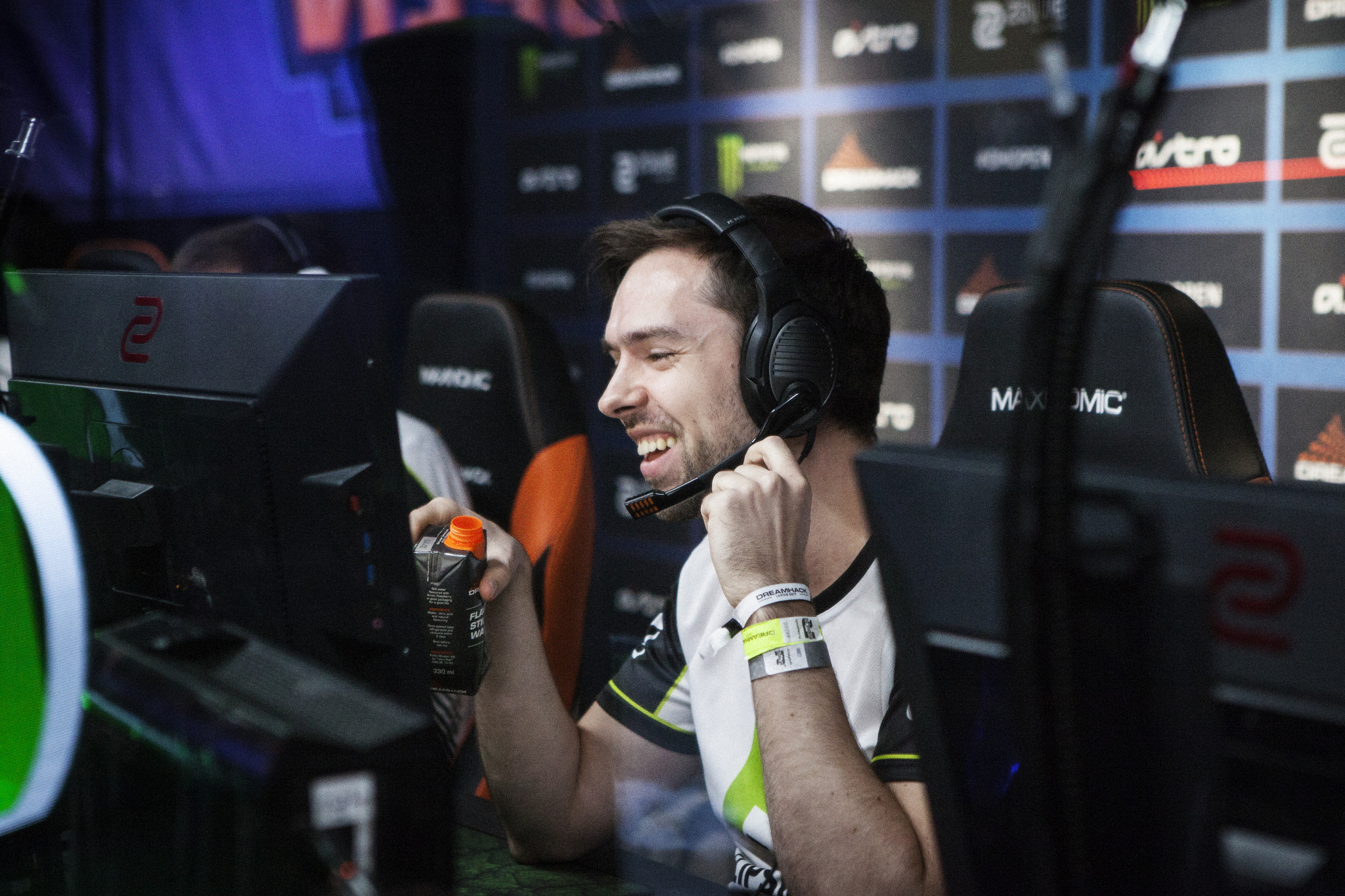
Andrey ‘Blad3’ Gorodensky, in this sense, is both the last of a dying breed and an unusual case study in what constitutes a superstar. At 30 years old, and boasting a legendary mind for leading his team both tactically in-game and emotionally outside of it, Blad3 is the epitome of what we consider an IGL. He’s a master puppeteer, perfectly pulling strings to make both his team and the enemy conform to his philosophy of the game. Blad3’s outlook on the game has been the driving factor that has seen his sides qualify for the last seven majors despite staggering odds and no form to build from.
In 2016 alone, Flipsid3 had to score big Bo3 and Bo1 wins over the in-form, top-10 ranked, Brazilian side of Tempo Storm/Immortals at both the MLG Columbus and ESL One Cologne 2016 qualifiers. Here, Blad3 was able to make each element of his team seamlessly blend together with his philosophy for approaching the game. There was never a consistent ‘top fragging’ star for Flipsid3, for Flipsid3 had no amazing star talent outside of Blad3 himself. Vlаdуslаv “bondik” Nеchуроrchuk, Georgi “WorldEdit” Yaskin, Jan “wayLander” Rahkonen, hell, even Oleksandr “Shara” Hordieiev, all had their brief moments of brilliance in Flipsid3. But brief moments of brilliance from an eclectic group of average to above-average players doesn’t account for seven major qualifications in a row.
Blad3 delivers game-changing impact via his calling style and boasts a two-year stretch of high-level consistent success relative to the parts he’s had around him. Remembering that ‘success’ is relative. For a core that consists of a fundamentally sound veteran, above-average AWPer from Russia, and strangely strict Ukrainian IGL, their Major qualifications are large accomplishments.
In this sense, if we’re to look at our traditional model, Blad3 boasts both the impact and consistency to be called a superstar, albeit, from a strange angle.
But is that enough to call him a superstar? Can you really call the lowest mechanically skilled player on a borderline tier two or three European side a superstar? What about the gaps between Major qualifiers, the periods of utter disappointment where nothing is achieved? If he is such a superstar, why can’t he pull his team out of their sunken place in the world-ranking?
A Paradoxical Achilles Heel
To appreciate Blad3 as a superstar, one has to look at the way he makes impact as a caller, and the simultaneous weakness this creates.
Rather than get impressive 4k’s or tap heads across the map, Blad3’s superstar performances come over multiple rounds and can only be seen on the mini-map. A perfect illustration of this is Flipsid3’s game versus Hellraisers at the PGL Major Qualifier, as briefly broken down in the video below.
https://www.youtube.com/watch?v=F871vkokUFg
Blad3’s unique style of calling can be one of the most dominant ways to shut down a team of almost anything strength in a Bo1 that can be researched (a factor behind Flipsid3’s success in Swiss Format qualifiers). This is especially apparent when there is an opposing IGL who favors structure—like Kirill “ANGE1” Karasiow—and is forced to fight Blad3 in his comfort zone.
Not only does Blad3 read, then anti-strat, he is also planting seeds throughout the round. He is always looking to make opponents fall into patterns of thinking, which Blad3 fully prepared to exploit with the perfect counter. We saw this even in their loss against G2 at the Major qualifier, were Blad3 constantly adjusted his outside and mini CT defence to deal with G2’s split into uppers. Were it not for an insane individual performance by Kenny “kennyS” Schrub that game, there’s a world where Blad3 and his manipulation could’ve won that game.
The true superstar impact of Blad3 really shines however, when he doesn’t have a clear answer in front of him. The moments when he’s backed into a corner is forced to think, rather than shoot his way out, that’s because one of the most common ways to shut-down a leader like Blad3 is to overwhelm him.
Opponents look to play hard, fast, aggressive, aim-based Counter-Strike that no model of thinking could predict, let alone counter, in one game. Yet Blad3 finds a way. Rather than try to outplay with intricate CT set-ups like we saw with Hellraisers, he’ll make more subtle positioning changes that will not shut-down an execute, but merely give his players an extra second or angle to work with. He tries to get his players to look for an advantage that can be worked to turn a 2k into a 3k and allow a winnable retake.
A great example of this was Flipsid3’s game against Copenhagen Wolves at Dreamhack Stockholm 2015—the qualifier for Dreamhack: Cluj-Napoca 2015. Facing off against an explosive T-side orientated team, Blad3 was presented with some immensely talented up-and-coming players like twist, RUBINO and jkaem. Yet, in their game on Overpass, Blad3 managed to win key rounds making adjustments to his passive CT set-ups. He managed to negate the individual prowess of the Wolves by reading and out-positioning their constantly pressuring players.
This is the prowess of Blad3. He can make his presence felt across the whole map and in every round or a few steps to the left in a specific position and time. He can bring a superstar impact into every game, with any teammates, against any opposition, at any time, and from any position.
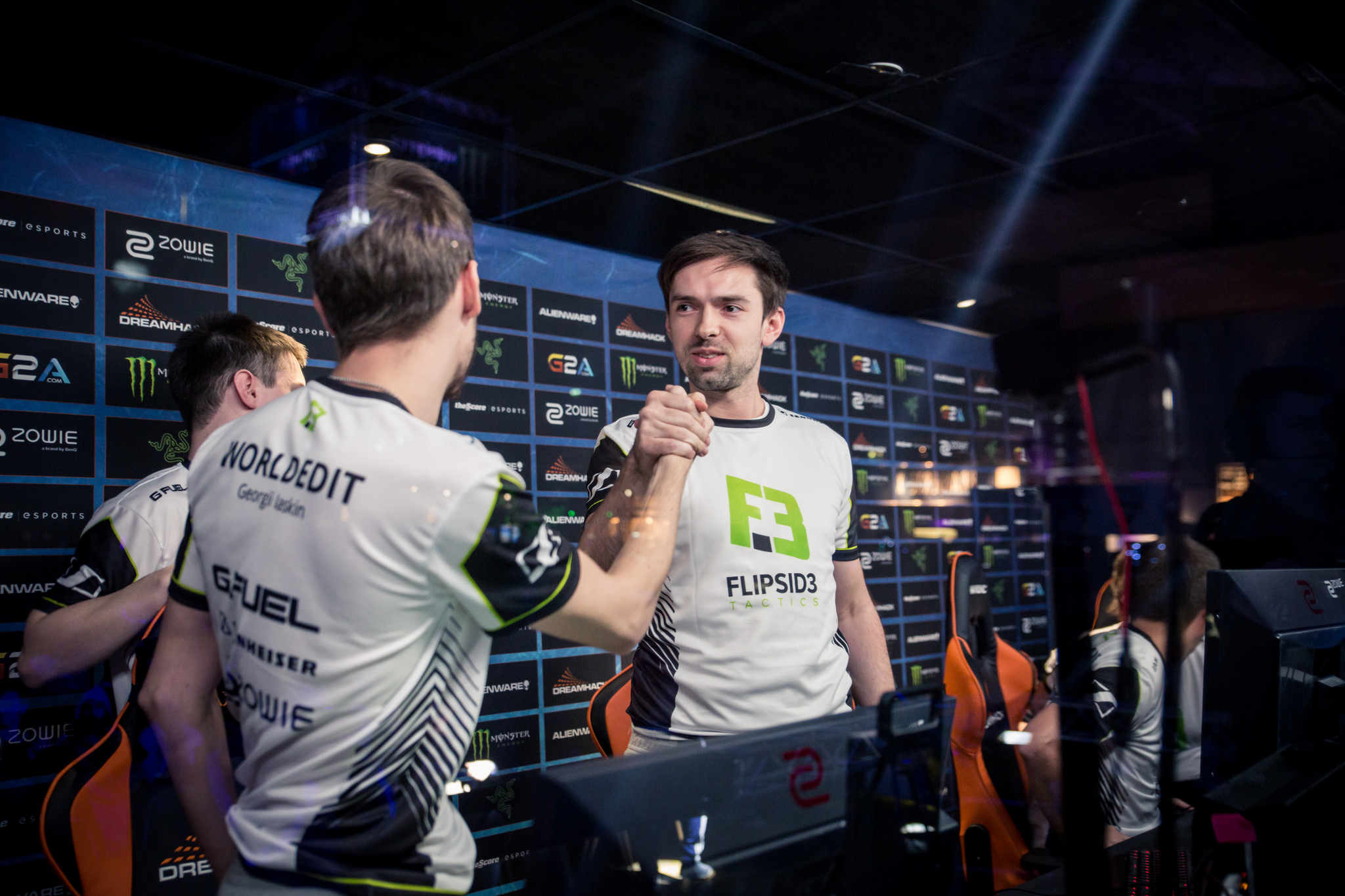
This is only the case however, when Blad3’s talent and skillset is actually facilitated. Just like other superstars, he needs the resources and team dynamic given to him to succeed. We see someone like Oleksandr “s1mple” Kostylievable to deal game-changing impact because the systems he has successfully played under allow for individual freedom. In this sense, Blad3 also requires something from his team to succeed. In fact, Blad3 requires everything from his team, because any of his superstar performances are built from a foundation that relies on others.
Blad3’s skillset is at once his freedom and prison. His incredible, albeit specific, skillset that fuels his individual success, relies totally on the completely different skillsets of his teammates. The very teammate that enable the failure of his system, is also the deciding factor behind Blad3’s wild success.
This is due to the way in which Blad3 calls and structures his team.
Blad3’s calling style relies on all of his players being on the same page. While this can lead to shut-out halves with sociopathic efficiency, it also can crumble quickly. Communication and teamplay, as Blad3 himself often says in interviews, are the keys to getting his high-level theorycrafting to work. If his team stops talking, the system stops functioning.
Staying alive in key scenarios will serve the side far better than trying to hunt for middling-probability kills. For Blad3, each man he has at his disposal is an extra piece to play in the chess-like game of CS:GO’s macro. As a result, when players are feeling pressure and don’t communicate or make silly decisions, the Flipsid3 house of cards can collapse spectacularly. Not communicating in this sense cuts away the foundation of Blad3’s skillset as it forces him to play with limited pieces.
This is the core weakness of his superstardom, and the primary factor that makes it harder for Blad3 to be seen in this superstar light. Relationship clashes, motivation issues, or misaligned game philosophies from any member of the team all directly threaten the success of Blad3’s system. This is apparent when tournaments far-less prestigious and motivating than the major qualifier come around and Flipsid3 seemingly crumbles at the lack of pressure. His system can fall apart with the slightest disruption to what it depends on: control and the devotion of his teammates. This makes certain periods of difficulty for Flipsid3 feel much more disparaging and tough than usual slumps for a roster. For when Flipsid3’s roster is in flux, contracts up for renegotiation, or even when they experience slumps in online results, the team play drops drastically.
The complex selflessness of Blad3 status and consistency
Blad3, his system and the success of Flipsid3 are seemingly inseparable when you look across the overall team. This is the first hint of Blad3’s potential superstar status. To him though, the manipulation and upkeep of the team unit around himself and his ideas is a selfless task; a seemingly contradictory idea.
One has to realise, that Flipsid3 don’t really stand a chance when split apart, and forced to fight, talent-wise, man-for-man against the majority of competition. In terms of raw skill, they measure far below the viciously snappy aim of top players in today’s landscape. The team unit is at risk unless they can fight far greater than the sum of their parts.
With his skillset and the tools in front of him, for Blad3, there is no other option. The maximum chances for success with any team of this skill ceiling and with an IGL of his skillset, is to have it based around his leadership. If the team were to find themselves closer to the centre, or far left of the ‘puggy’ to ‘tactics’ spectrum, they have a far lower chance of consistent success.
It’s not unreasonable to expect maybe the likes of electronic having big games from time-to-time and cause upsets outside of Blad3’s system. However, this can’t be done with regularity or consistency, at least not with the same regularity and consistency as seven Major qualifications in a row flaunts.
A Superstar with no resume
The nature of Blad3’s staggering skillset naturally lends itself to obscurity. Not only do the factors that support his talent do so almost entirely indirectly, but his mentality and our model of what constitutes a ‘superstar’ neglects to look at him in this impressive light.
His lack of first place finishes and top fours ignores the unique and interesting way in which this team is set-up to succeed. Even if these successes can only ever manifest in major qualifiers, over a two-year stretch, the pattern of consistency is undeniable.
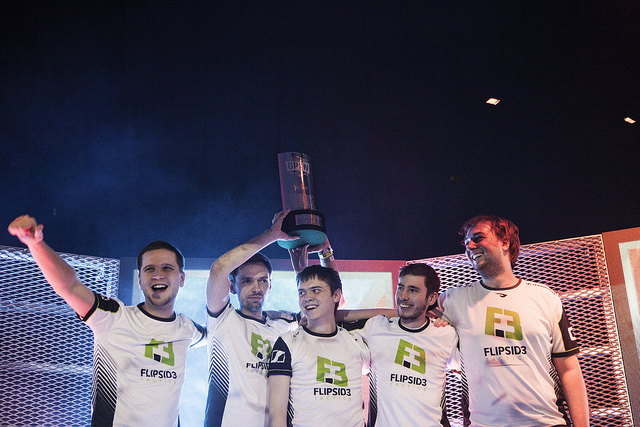
If the Flipsid3 team can be represented by a car, Blad3 is a passenger that knows where to go and how to get there, but requires a resistant driver to actually drive and take his instructions. If only he could be the one both driving and directing the car.
In this sense, evaluating Blad3 as a superstar becomes an exercise in how flexible you’re willing to take the term. The argument for his superstar status only works if you can first get past the traditional lens of a superstar. Then, move further on to accept the in-built paradox caused by his reliance on teammates to make impact in the same manner as a superstar, for what makes him so great is also what makes him so vulnerable to being hidden.
In spite of these levels of abstraction away from the traditional ‘superstar’ image, unifying threads keep it together. They show that even in spite of the on-paper results, Blad3 does actually flaunt superstar consistency and impact when his team and tournament format can facilitate it. So Blad3 is a superstar draped in complexity and caveats, but, to me at least, he’s a superstar nonetheless.


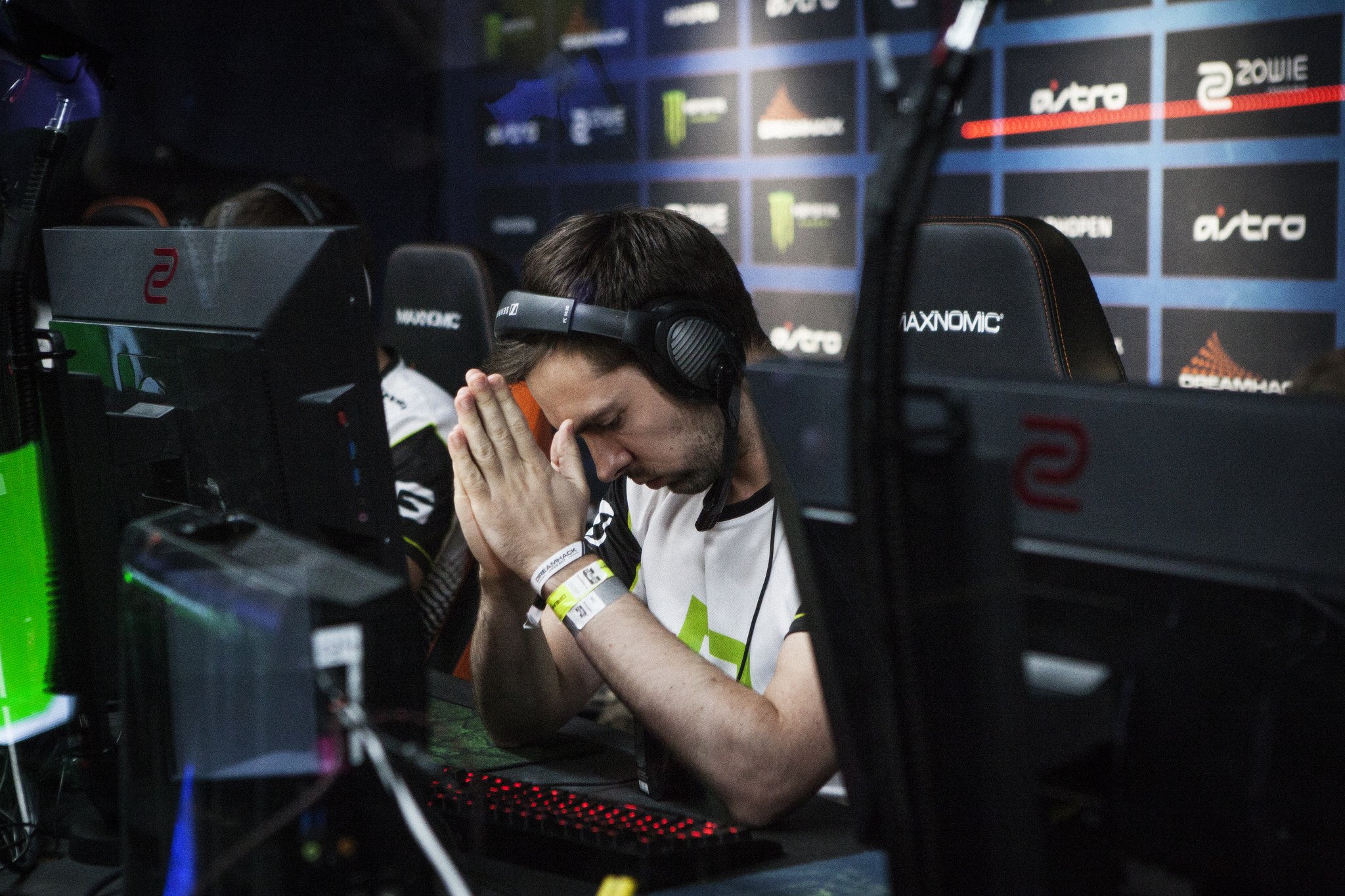
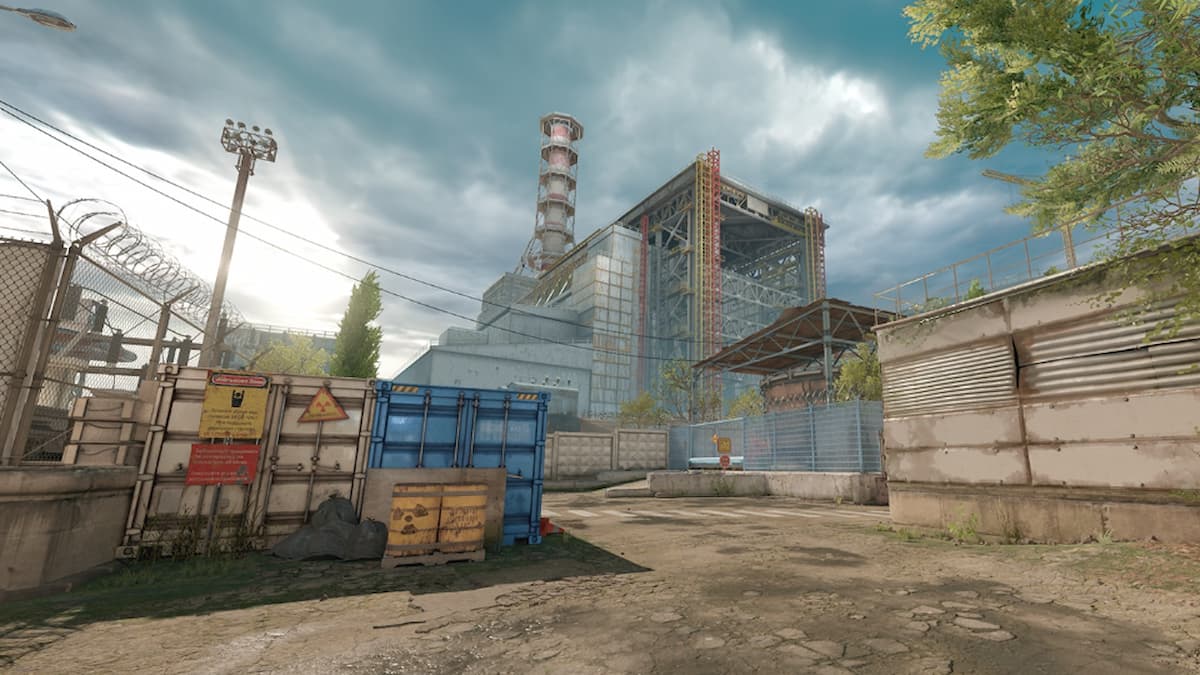
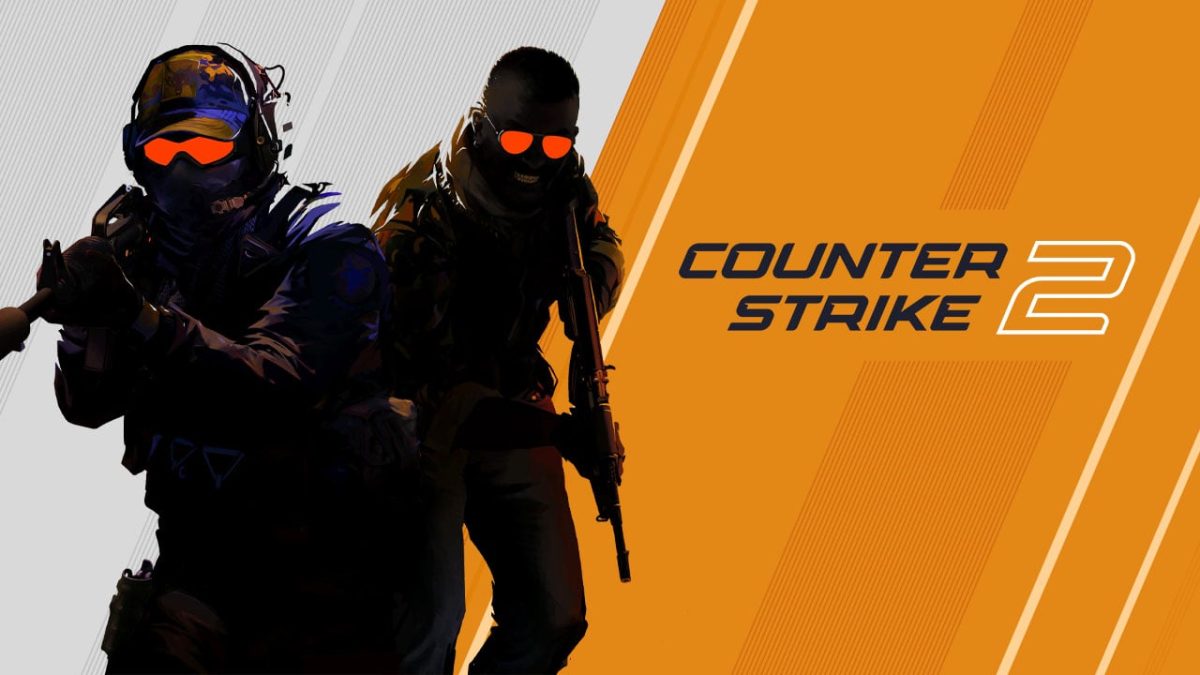
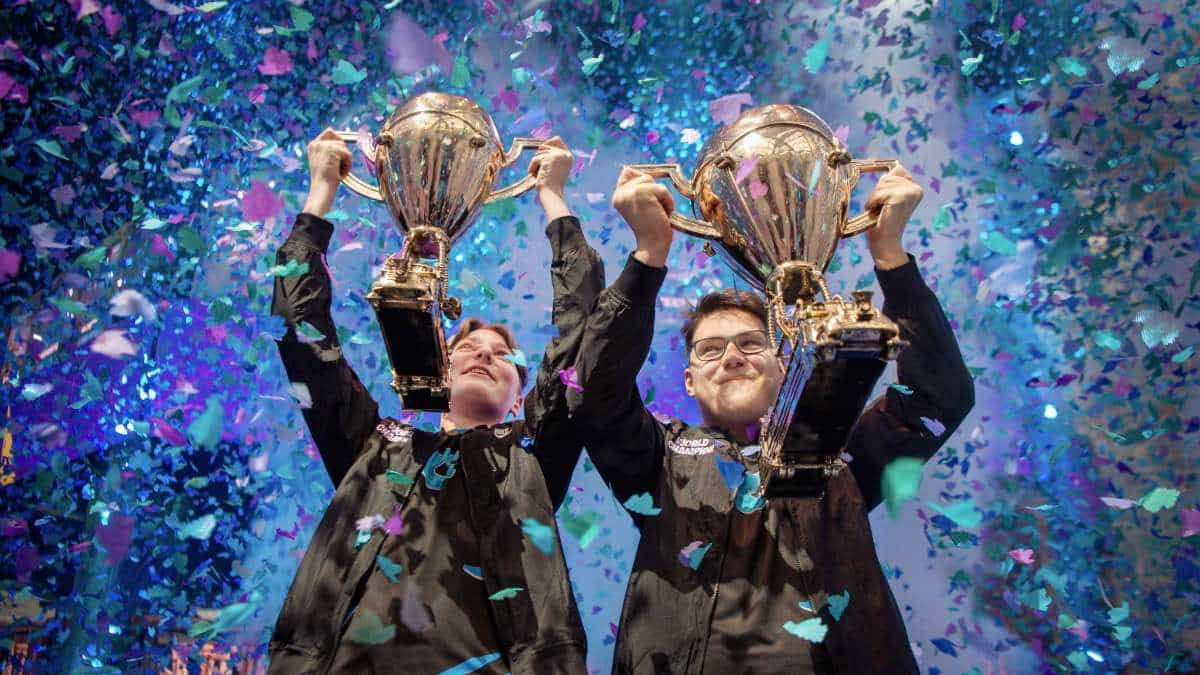

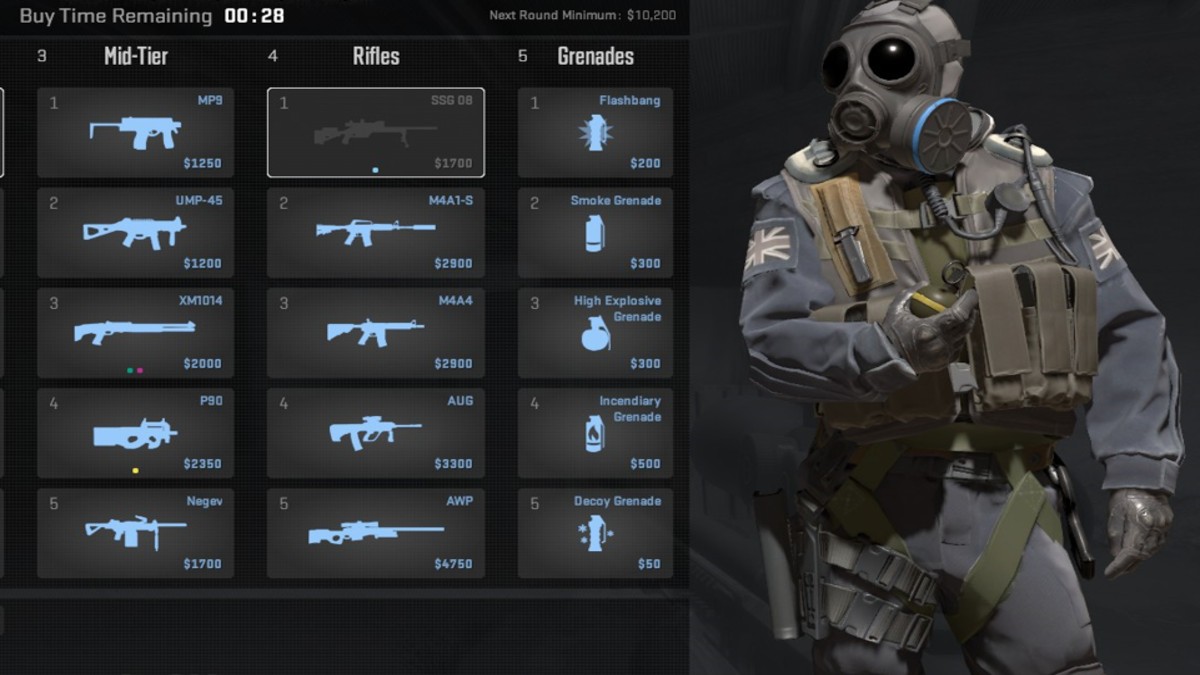
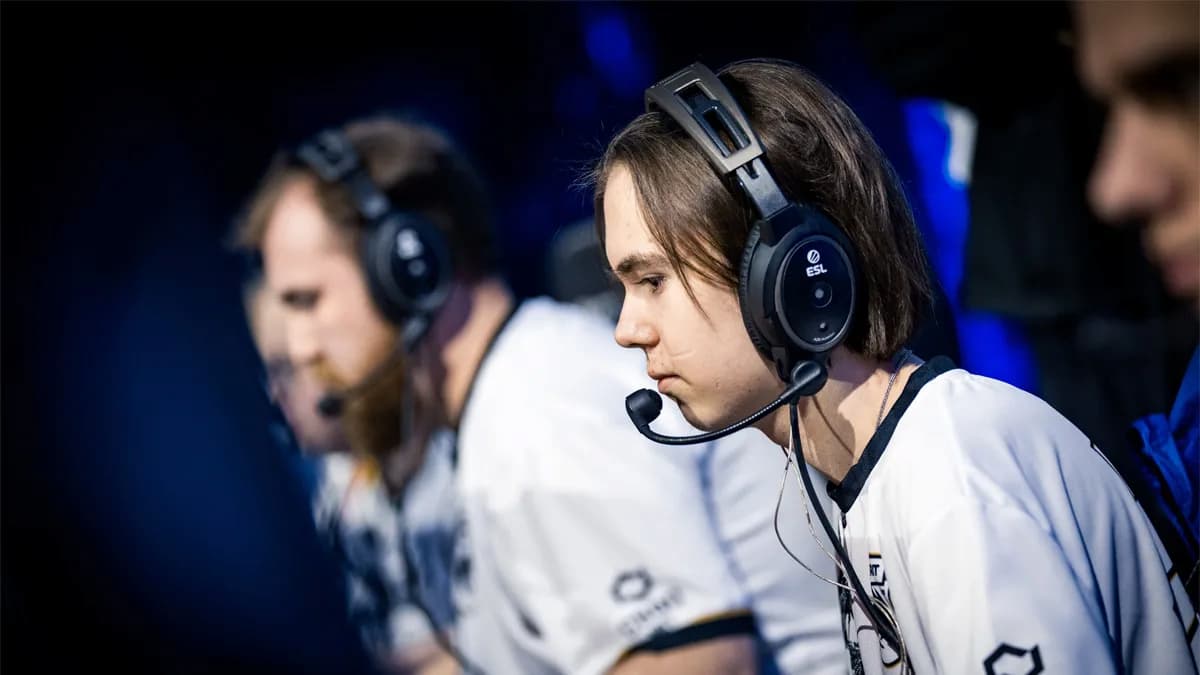
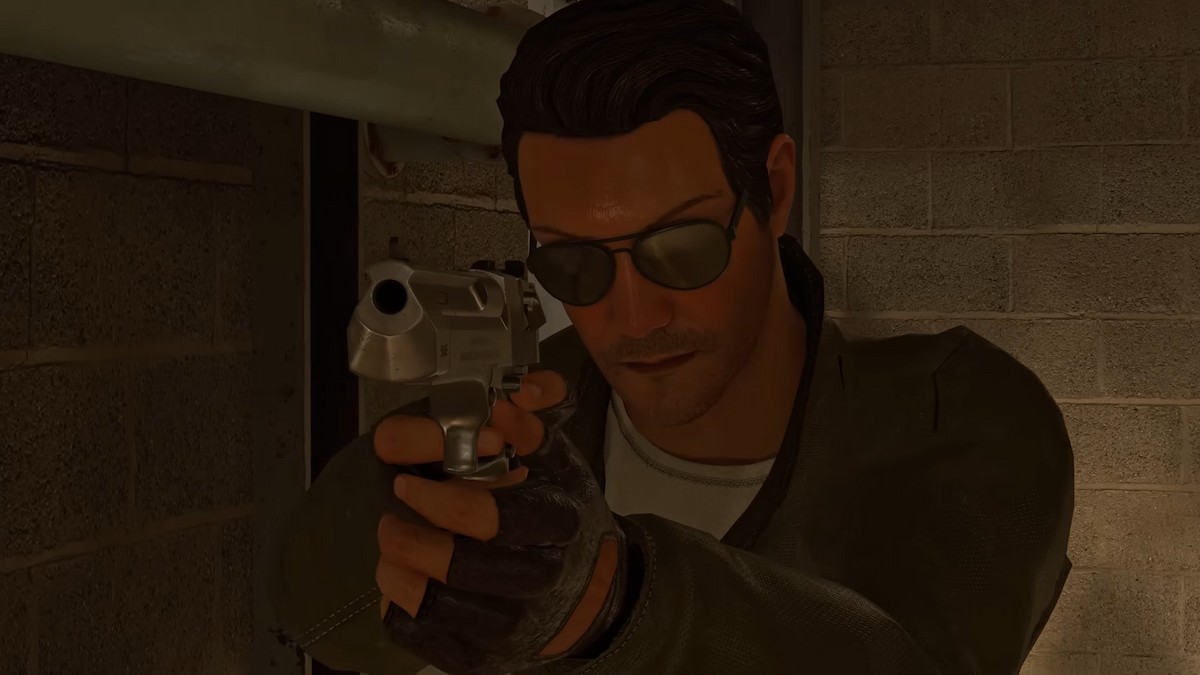
Published: Jul 15, 2017 11:04 am